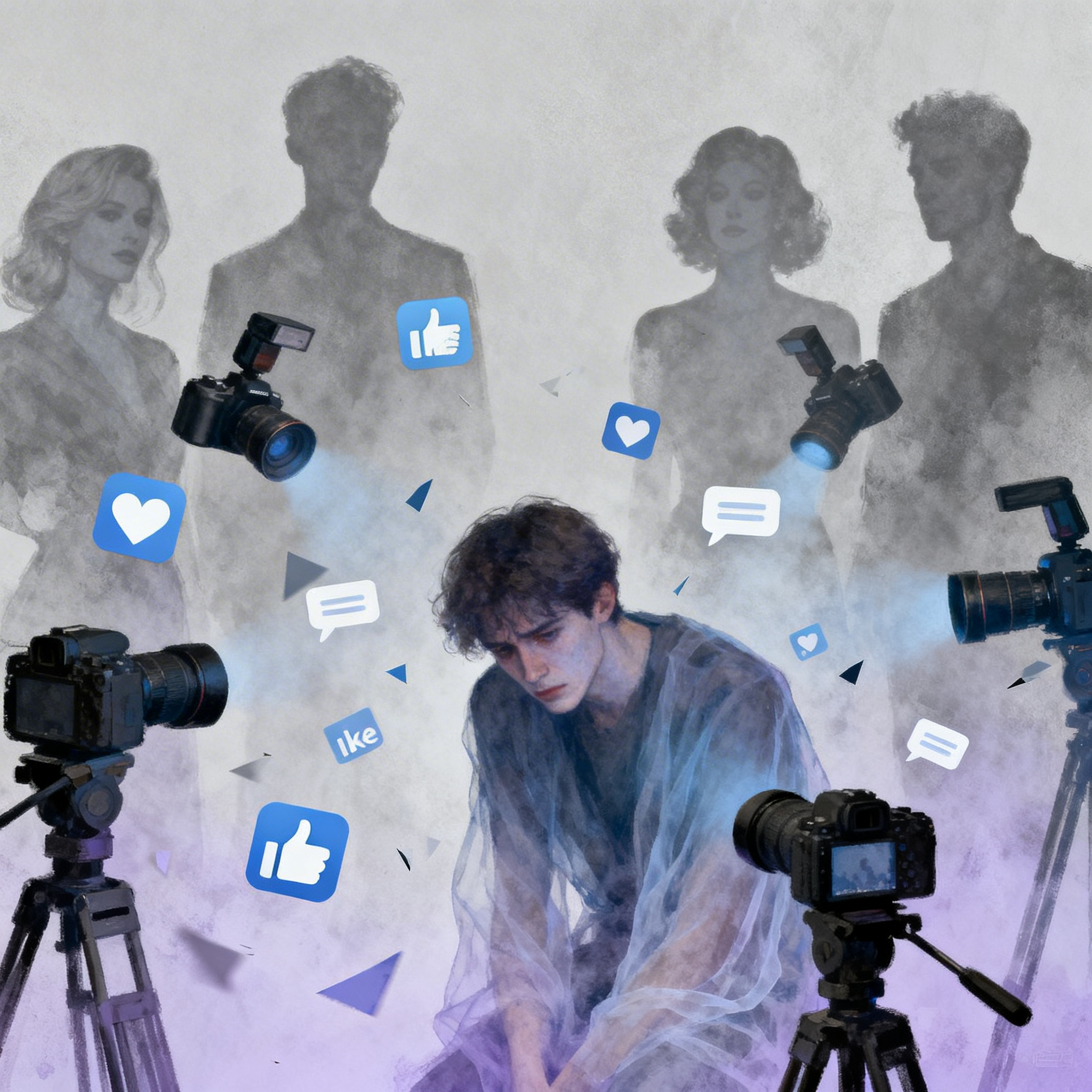Self-image dreams often revolve around how individuals perceive themselves and how they believe others perceive them. These dreams can manifest in various scenarios, such as experiencing a transformation in appearance, feeling exposed or judged, or engaging in situations that challenge one's self-worth.
Common themes and symbols include:
Mirrors: Looking into a mirror can signify self-reflection and honesty about one's self-image. A distorted mirror may represent insecurities or unrealistic self-perceptions.
Clothing: What one wears in a dream can symbolize how they wish to present themselves to the world. Clothing that is too tight or inappropriate may indicate feelings of inadequacy or being unprepared for judgment.
Body Alterations: Dreams involving changes to physical attributes, whether through enhancement or diminishment, often reflect deeper desires for acceptance or fears of obsolescence.
Social Situations: Being in public or social gatherings can highlight anxieties about how others perceive us. Positive interactions may boost self-esteem, while criticism or isolation can amplify feelings of inadequacy.
Rejection or Acceptance: Dreams where one is either embraced or rejected by peers may mirror current self-esteem levels. Acceptance signals a healthy self-image, while rejection can indicate internal struggles with self-worth.
Overall, self-image dreams serve as a reflection of an individual's inner thoughts about themselves, spotlighting insecurities, desires for validation, and the quest for self-acceptance. Engaging with these dreams can lead to personal insights and growth regarding self-perception and confidence.








